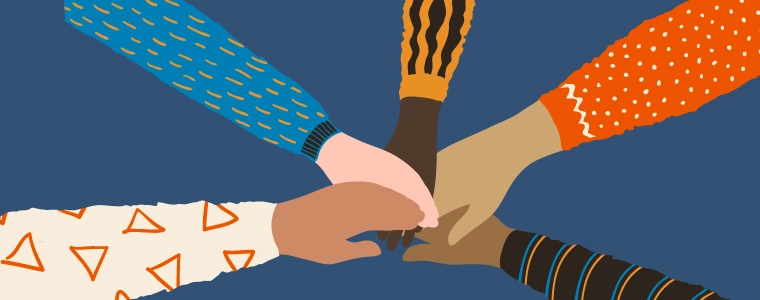In the United States alone, 30 million men and women suffer from an eating disorder.
Eating disorders can be difficult to address, as there are many risk factors involved. It’s important to get your loved one the proper anorexia treatment they need as soon as you recognize they are struggling.
If you or someone you love is suffering from anorexia, you might feel lost as to what to do. On the one hand, you don’t want to enable their problem, and on the other, you want to help them recover.
Read on to learn about anorexia treatment options.
Self-Help Groups
Self-help groups provide a supportive and safe environment for people with anorexia to share their stories, experiences, and challenges. These groups offer a place for individuals with anorexia to talk openly about their illnesses without fear of judgment or ridicule. Through self-help groups, individuals can learn from one another and create a strong support network.
It is a great way to build self-esteem, understanding, and motivation. Self-help groups offer a sense of community and can play a big role in bolstering recovery.
Psychotherapy For Anorexia
Psychotherapy is a form of anorexia treatment option that focuses on cognitive and behavioral changes. It involves developing strategies to increase healthy eating habits. For some, it may involve exploring past experiences that may be contributing to their distorted thinking.
Psychotherapy also teaches coping skills that allow people to respond better to stress and feelings of low self-worth. This form of treatment may also include family counseling. It is where family members explore how their behavior might be contributing to the anorexic’s disordered eating habits.
With the right treatment approach and support, individuals can achieve eating disorder recovery and lead healthy, fulfilling lives.
Nutritional Counseling
Nutritional counseling is one of the outpatient treatment options for individuals. Counseling can help an individual gain a better understanding of nutritional requirements and create healthier eating habits. Nutrition counseling may also involve meal planning and behaviors.
It enables an individual to normalize their eating habits and help prevent relapse. They can provide an important foundation for restoring physical health and emotional well-being.
Alternative and Complementary
Traditional treatment options for anorexia typically involve therapy and medications. These therapies can be used in combination with traditional medication or as stand-alone treatments. Some alternative and complementary treatments for anorexia include cognitive-behavioral therapy, guided imagery, meditation, art therapy, acupuncture, and herbal remedies.
Each of these treatment options presents unique benefits for those suffering from anorexia. It is important to find the best Individual treatment plan for anorexia that fits your individual needs, lifestyle, and goals. It is also important to remember to seek help from a knowledgeable and experienced professional therapist.
Factors to Consider When Choosing An Anorexia Treatment Option
Based on the information provided in this guide, there are different anorexia treatment options and factors to consider when it comes to treating anorexia nervosa. Researching these options, talking to a mental health professional, and discussing the benefits and risks of each option with loved ones are all important steps to take. Seeking help is the best way to reclaim a healthy lifestyle and stable mental health, so don’t be afraid to reach out.
Found this article helpful? Check out the rest of our website for more tips!



